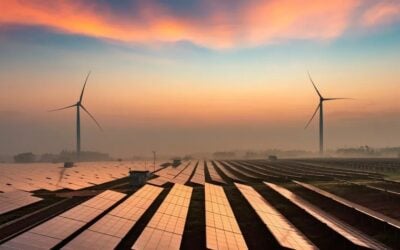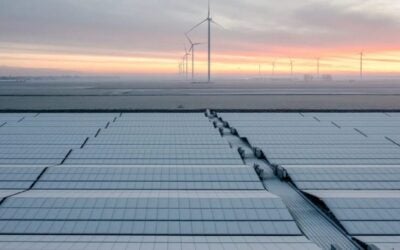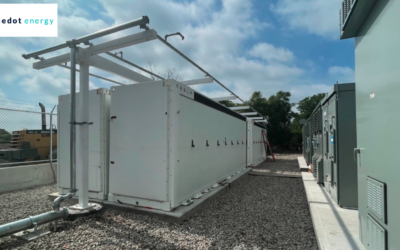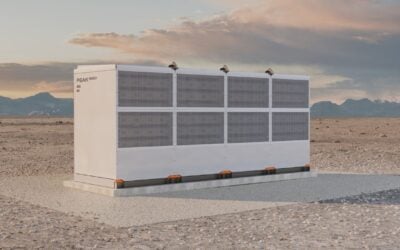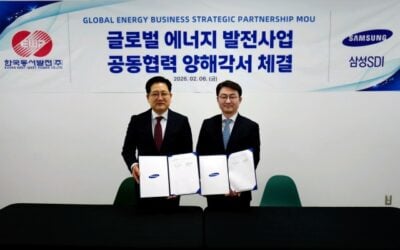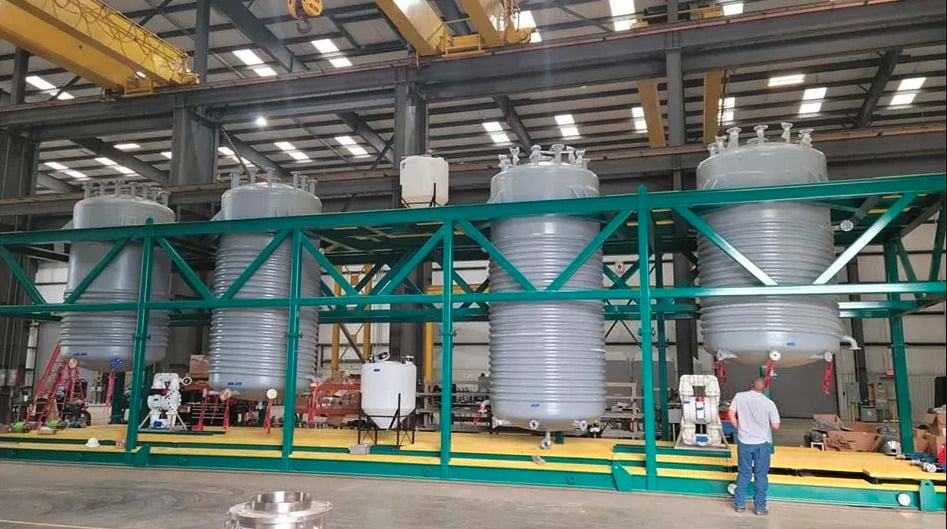
Green Li-ion, a Singapore-headquartered startup, has put into operation what it claims is the first recycling facility in North America to turn black mass directly into precursor cathode active material (pCAM).
The plant has been set up at the Atoka Heavy Industrial Park in Atoka, Oklahoma, US, and has the capacity to create 2 metric tonnes of battery-grade pCAM per day with plans to quadruple that capacity in the coming year. It is located within an existing recycling facility.
That capacity is relatively low but the company’s strategy is to set up many of its low-capex units, which use a novel and advanced hydrometallurgical approacy, in existing recycling facilities with an installation time of just a few months.
This allows the facility to convert its black mass from shredding battery material directly into pCAM in a process that takes 12 hours, emits up to 90% fewer greenhouse gas (GHG) emissions than virgin materials processing and can achieve 99% purity, the firm claims.
Try Premium for just $1
- Full premium access for the first month at only $1
- Converts to an annual rate after 30 days unless cancelled
- Cancel anytime during the trial period
Premium Benefits
- Expert industry analysis and interviews
- Digital access to PV Tech Power journal
- Exclusive event discounts
Or get the full Premium subscription right away
Or continue reading this article for free
Facilities could then sell that pCAM to CAM or battery manufacturing facilities. pCAM is a mixed-metal hydroxide made up of various critical metals like nickel and cobalt, to which lithium hydroxide is added to create cathode active material (CAM) which can then be used to build batteries.
The US’ Inflation Reduction Act has generous tax credit incentives for battery cell and module manufacturing but there are challenges around building up a local supply chain for the critical metals needed, like cobalt, nickel and lithium. Green Li-ion is also targeting installations of its technology directly in battery gigafactories.
The Department of Energy (DOE) has put put big funds into the recycling sector in the US, with federal loans of US$2 billion to Redwood Materials and US$375 million to Li-Cycle in 2023.
But the end of the year saw Li-Cycle’s future thrown into doubt after it revealed forecasted construction costs for its main recycling facility had nearly doubled, leading to a US$95 million write-down and a process to seek ‘strategic alternatives’ (Premium access).
Leon Farrant, CEO and co-founder of Green Li-ion commented: “Electrification will require manufacturers to exert greater control over their critical mineral supplies. We aim to show American companies the benefits of a customisable and fully vertically integrated battery recycling solution when operating as part of an existing manufacturing process.”
Energy-Storage.news’ publisher Solar Media will host the 2nd Energy Storage Summit Asia, 9-10 July 2024 in Singapore. The event will help give clarity on this nascent, yet quickly growing market, bringing together a community of credible independent generators, policymakers, banks, funds, off-takers and technology providers. For more information, go to the website.

